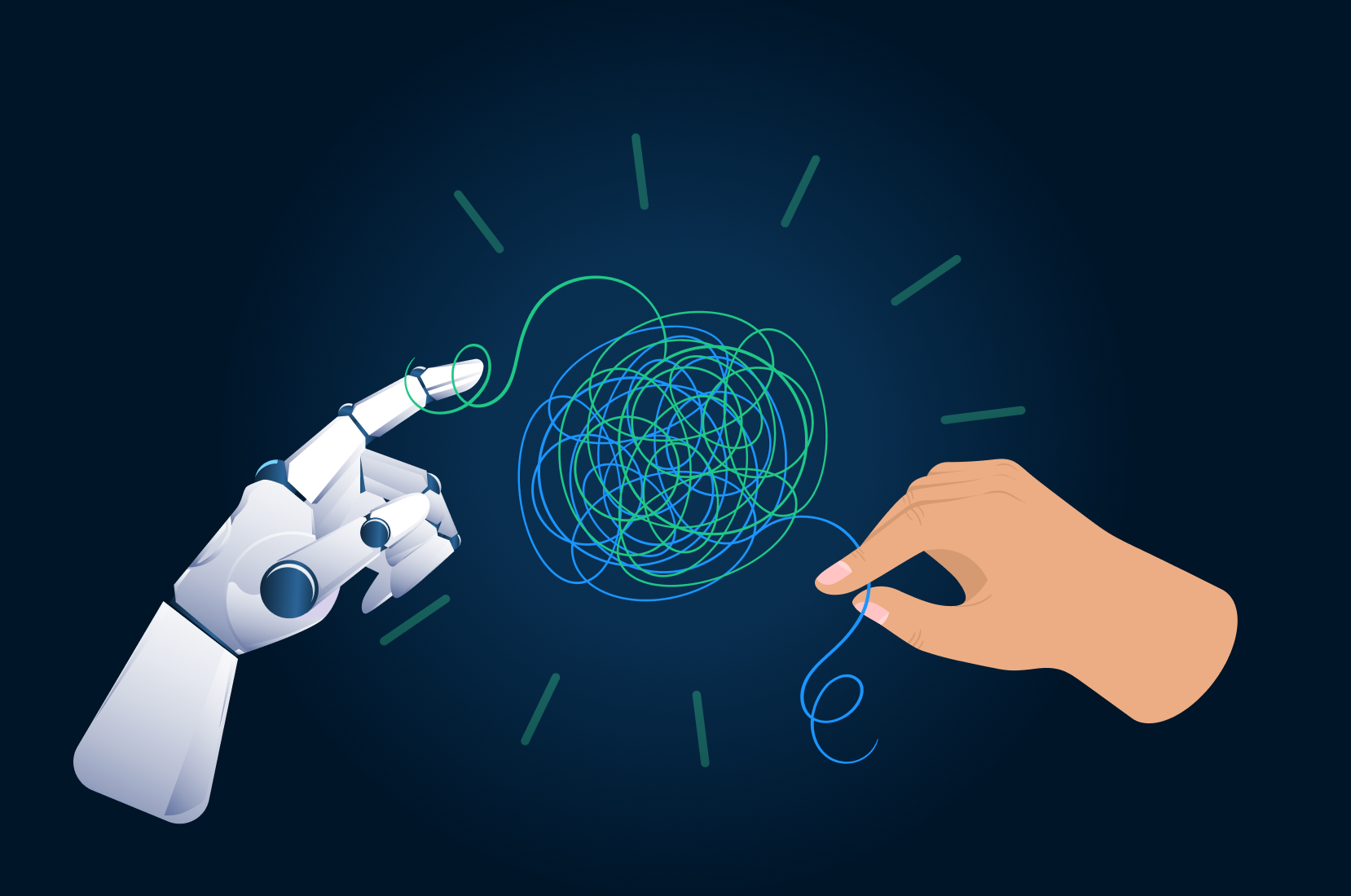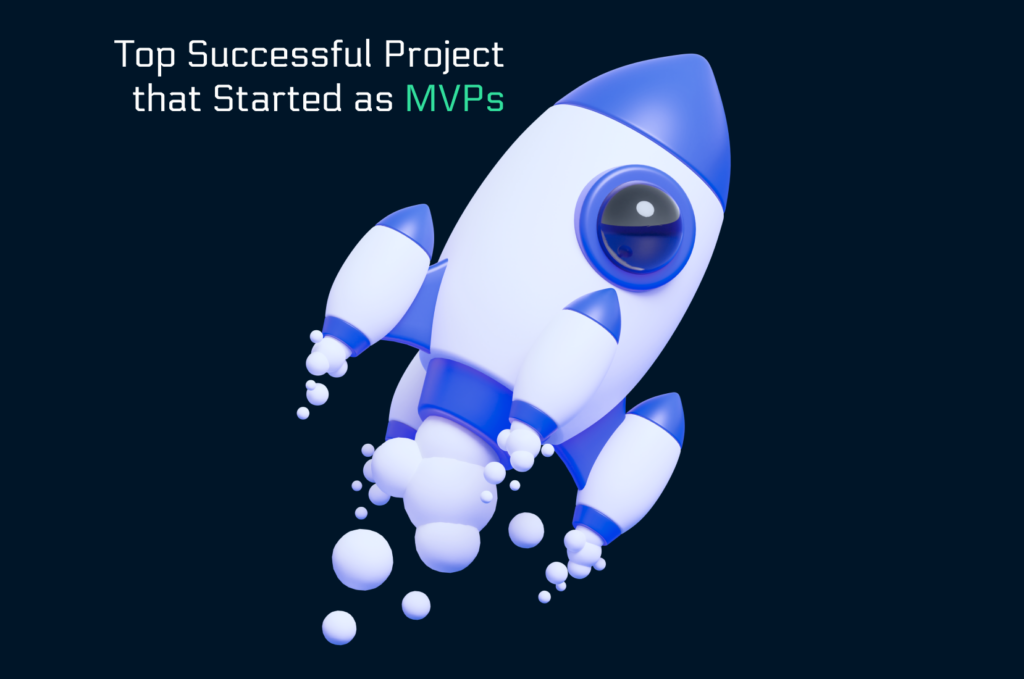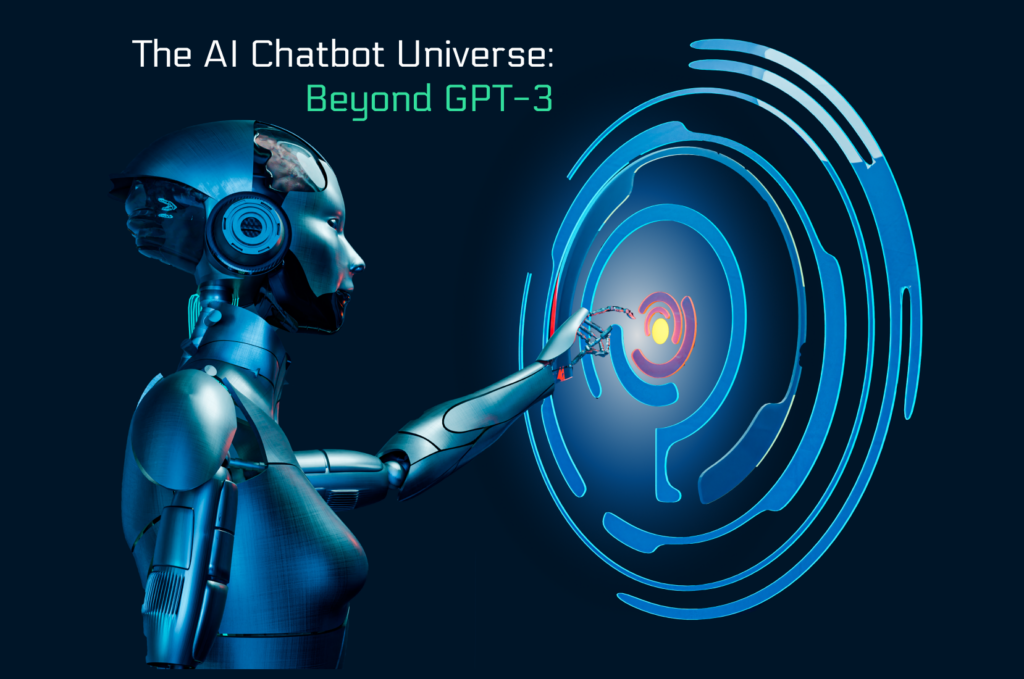Expressions, particular phrases, word order, conversational maxims, or even acoustic features can show the person’s physiological or pathological state. But these signals are often too subtle to be heard with the naked ear. And in that time these are important in psychology diagnostics. Using machine learning and natural language processing (NLP) we can get what is concealed from the typical human observer and make diagnoses more precise.
NLP models analyze syntax, semantics, and pragmatics from large amounts of text, on the order of billions of words, and store that knowledge in layers of artificial neural networks. Then it helps for the diagnosis and appointment of treatment of many diseases. Read this article to learn how NLP helps to resolve long-standing problems in psychiatry.
NLP-Therapy: How It Works
NLP is now in many areas, but now we are talking about its role in psychotherapy. So let’s take a closer look at some cases specifically in this field, how it works and what it can provide.
Simplified Documentation Management
To document clinical procedures and results, physicians document and input them into the EMR and EHR systems. It shows that primary care physicians spend nearly 6 hours on EHR data entry during a typical 11.4-hour workday. NLP can make this process easier and not so time-consuming. This also increases the quality of data as no human errors occur in the process. NLP analyzes the doctor’s voice records and converts them to text without human involvement. Then it is fed to EMRs and patients’ records.
Trial Matching
NLP can interpret the description of clinical trials. The unstructured doctors’ notes and pathology reports turn into very valuable information. It allows you to conclude whether the patient is suitable for this trial or not. Taking medical records and research papers as a basis, the NLP model learns to recognize medical terminology and synonyms. Then it can interpret the general context of a trial, generate a list of criteria for trial eligibility, and evaluate participants’ applications accordingly. One of these is the open-source tool DQueST which shows a not-so-bad accuracy – of a little more than 60%.
Phenotyping
Phenotyping is an analysis of a patient’s physical or biochemical characteristics (phenotype) by relying on only genetic data from DNA sequencing or genotyping. This process takes into account a lot of information:

NLP in this process plays the main role: it searches keywords in rule-based systems, filters the noise, checks for abbreviations and synonyms and matches it with the main keyword. These results allow to do patient diagnosis categorization, novel phenotype discovery, clinical trial screening, pharmacogenomics and drug-drug interaction (DDI).
Disease Recognition
NLP in psychotherapy also can build medical models that will recognize disease based on standard clinical terminology and medical word usage. Of course, the doctor’s sight on this must be. But sometimes, NLP can detect something, that slipped from the doctor’s view.
Psychosis Detecting
Discovering symptoms that are easily missed is a main part of NLP involvement. The NLP methods can reveal hidden dimensions of meaning like an indirect reference to auditory concepts, such as whisper, chant, or voice, which could predict later development of psychosis during a 2-year follow-up. These implicit references to auditory concepts can detect only the NLP model because the participants did not directly use these words. The ratings by clinicians of the same language samples at this early stage were insensitive to the increased reference to auditory concepts and could not predict the onset of psychosis. Thereby addressing a long-sought goal in psychiatric disciplines such as psychoanalysis.
IESO: NLP-Therapy in Action
In fact, most of the people who need help for a mental health issue still don’t get it. Ieso thinks it can increase access to care and use AI to help manage its quality.
Ieso is one of the largest providers backed by the UK’s National Health Service (NHS) that offers therapy over the internet. More than 650,000 hours of cognitive behavioral therapy (CBT) help around 120,000+ clients, treating a range of conditions including mood and anxiety disorders, depression, and PTSD.
Ieso has focused on depression and generalized anxiety disorder. The company used data-driven techniques (of which NLP is a core part) in psychotherapy to boost recovery rates. According to Ieso, its recovery rate in 2021:
- for depression is 62% compared to a national average of 50%;
- for generalized anxiety disorder is 73% compared to a national average of 58%.

On The Other Нand…
There are many prejudices about NLP models. In fact, they can really work sometimes not quite as we would like. But even if this happens, the solution to this imperfection usually appears very quickly.
For model training the base is human texts. And of course, it can be filled with false information that can be potentially harmful and affect the results. But the recent research shows methods for detoxifying these models. So, misinformation detection occurs through assessing the conceptual consistency of this information with prior knowledge. As the reasoning capabilities of these models increase, they may also be able to recognize damaging biases and stereotypes more quickly and remove them automatically.
Another point is the potential impact on privacy. Humans can’t control everything they say to communicate freely. So this is possible that the model will collect unsolicited language samples that can contain highly sensitive information about a person’s health or personality. In this way, far more information can be exposed about their beliefs, feelings, and vulnerabilities. As a countermeasure, language profiling programs may emerge to flag and conceal sensitive health information. It will be much like word-processing programs that we use to automatically identify and correct grammar or spelling errors.
There is also a prejudice that NLP techniques in psychotherapy for evaluating information might potentially lead to an objectification of patients. In fact, from the NLP results, the doctor will be in possession of an additional layer of information that deepens their understanding of the patient’s personal experience, a type of insight that could lead to a more comprehensive level of care.

Conclusion
The global NLP market is predicted to increase from nearly 3 billion U.S. dollars in 2017 to over 43 billion in 2025. And this exponential growth is related with the integration NLP in every industry.
For psychotherapy, using technology is of great importance, as it allows for solving problems that are often delayed and where doctors stomp in one place. However, there are also many criticisms of the use of NLP in treating people (especially in psychotherapy). Probably the correct opinion is this: if we use the technology not as a stick but as support, we can achieve more better results than without it.





